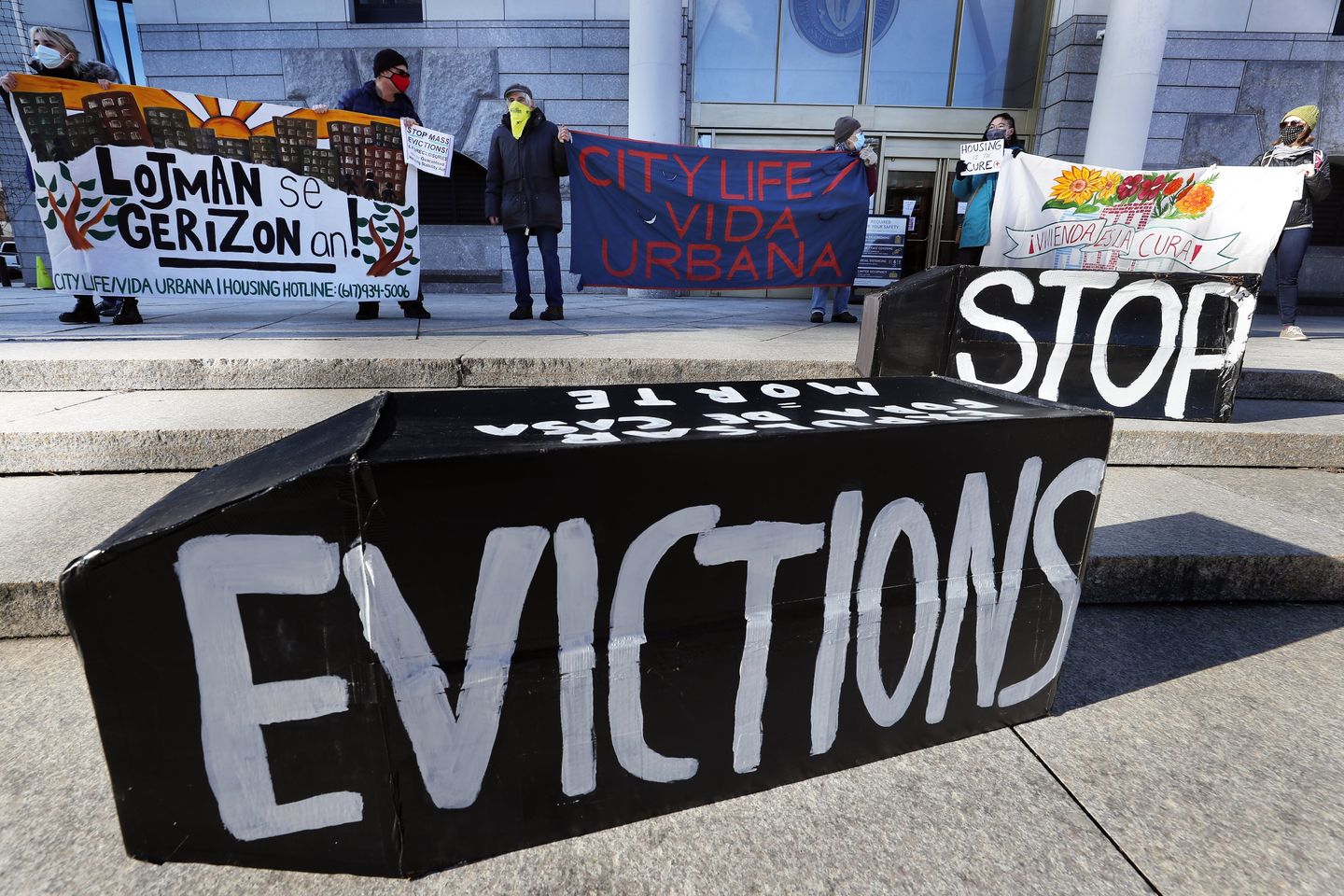The Justice Department is urging state chief justices to find creative ways to curb a wave of tenant evictions as a national moratorium has expired and lawsuits are piling up against President Biden‘s order to keep a modified ban in effect.
During a closed meeting on Wednesday, Attorney General Merrick Garland met with 35 state supreme court chief justices on ways to limit the number of evictions, even as the nation’s housing crisis deepens and thousands of tenants face the prospect of being turned out onto the streets in the coming weeks.
Mr. Garland praised the Michigan Supreme Court for giving tenants more time to apply for rental assistance by directing courts to stay eviction proceedings for up to 45 days. He also applauded the Texas Supreme Court for helping tenants facing lawsuits by sending them notices with assistance options.
“Simple steps like these can increase the chance that tenants can stay in their homes and help courts that are being deluged with eviction filings,” Mr. Garland said.
He said courts that want to add eviction diversion programs have access to billions of dollars in federal funding, including $350 billion from the American Rescue Plan and $46.5 billion from the Emergency Rental Assistance Program.
The meeting comes after Mr. Biden and Congress allowed the eviction moratorium to lapse at the beginning of this month. The administration, under intense pressure from the Democratic left, has since moved unilaterally to renew it in order to prevent millions of tenants from being evicted.
Landlords have said the loss of rental income stemming from the COVID-19 economic downturn has become an increasingly heavy burden to bear, especially as the U.S. economy shows signs of picking up in many other sectors.
Unlike the prior sweeping ban on evictions, Mr. Biden‘s modified order applies only to “areas of high concern” facing a resurgence of COVID-19.
The Supreme Court refused to end the moratorium in June, noting it would lapse at the end of July. Justice Brett M. Kavanaugh, though, warned another extension would need to come from Congress, not the executive branch.
